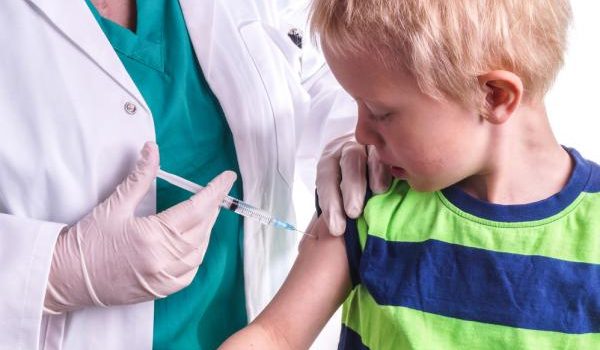Hepatitis is a condition where the liver is inflamed and not working properly. It is usually due to a viral infection, either caused by hepatitis A, hepatitis B, or hepatitis C.
Hepatitis A and hepatitis B have readily made vaccines to help prevent infection, which can be bought in local pharmacies such as Walmart and CVS. Hepatitis C, on the other hand, still has no available vaccine until today.
How Hepatitis Gets Transmitted
There are different ways on how this infection can be transmitted from one person to another.
Hepatitis A can be spread through the ingestion of an infected person’s stool or feces. It may also be transmitted by contaminated water, food, or through sexual contact. Infected children can also easily spread the disease as it is difficult to determine if they are carriers on not due to lack of symptoms.
People who get infected by hepatitis A could recover after two weeks but serious cases may take up to six months of recovery. Most patients will not develop liver damage but some rare cases can lead to cirrhosis or death. In the United States, more than 20,000 Americans will get hepatitis A annually.
Similarly, hepatitis B can also be transmitted through sexual contact with an infected person, especially if a person contracted semen, blood, or any other body fluids. It can also be spread by sharing infected needles used to administer drugs. Additionally, a pregnant mother with activated hepatitis B virus could pass it to her unborn child or to her baby during birth.
Unlike hepatitis A, this virus cannot be transmitted through contaminated food or drinks. Hugging and kissing will not also increase the risk of getting hepatitis B.
In the United States, about 40,000 Americans will get sick from acute hepatitis B. Fortunately, most of these cases will clear up after a few weeks and patients will be able to remain virus-free during recovery.
In rare instances where the virus develops to a chronic state, the patient will continue to battle the disease all his life. It will become a serious condition that may lead to liver damage, liver failure, cirrhosis, and liver cancer.
How Vaccines Prevent Hepatitis A & B
According to Dr. Gregory Poland, since the hepatitis vaccine contains inactivated virus, it will help the immune system develop an immunity against the virus. The administration of the vaccine will help the person get a long lasting immunity.
It works well because it uses a sort of memory to increase the production of antibodies.
This means that even if a person gets exposed to the virus 30 years from when he first got the hepatitis shot, his body will still be immune from the virus,” Dr. Poland adds.
Speaking of administration, hepatitis vaccine is usually given in two doses while hepatitis B is administered three times. A person may experience soreness, redness or pain in the area where the vaccine was injected but other than that, there are no major side effects noted.
Who Needs the Vaccine
Both the hepatitis A and B vaccinations are included in the regular schedule of immunization received by young children. However, these are not part of the routinary adult vaccination.
It is best to identify the people at risk of contracting hepatitis A and hepatitis B. For the latter, these include patients who are diagnosed with chronic liver condition, sexually active homosexual men, and patients who are being treated using clotting-factor concentrates. For the former, any patients who are positive for HIV infection, suffering from end-stage kidney illnesses, and those who inject drugs using shared needles.


